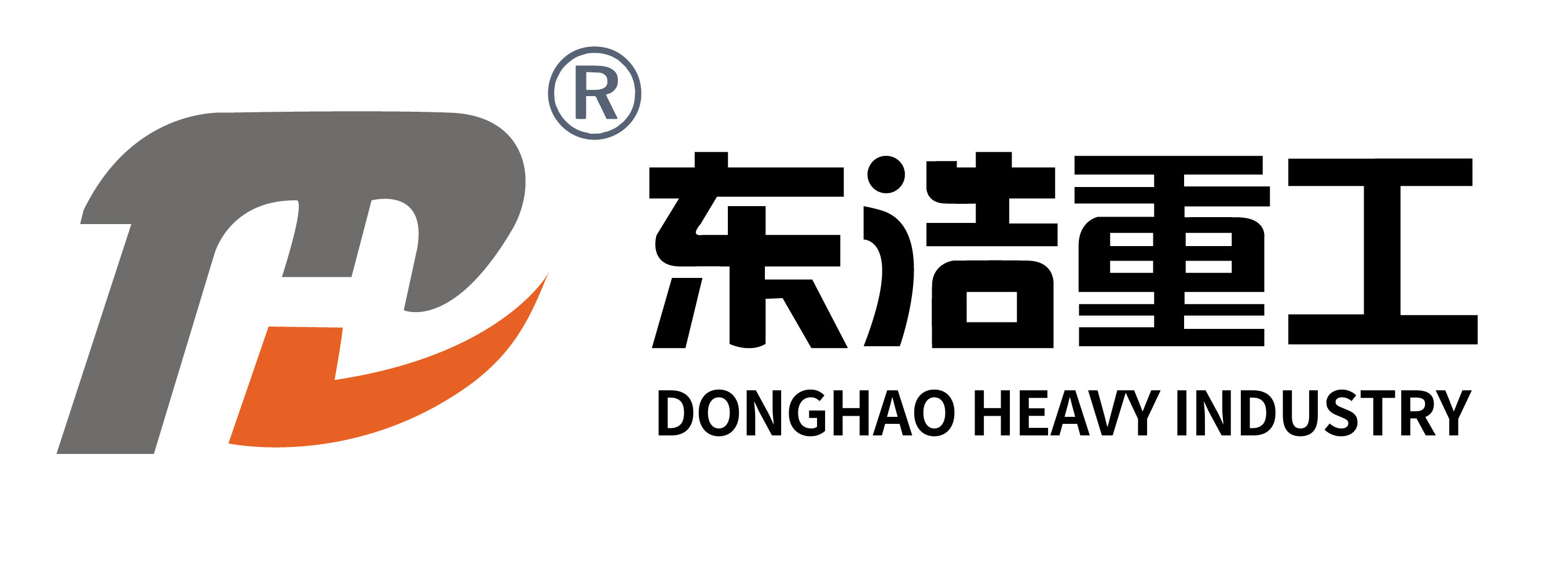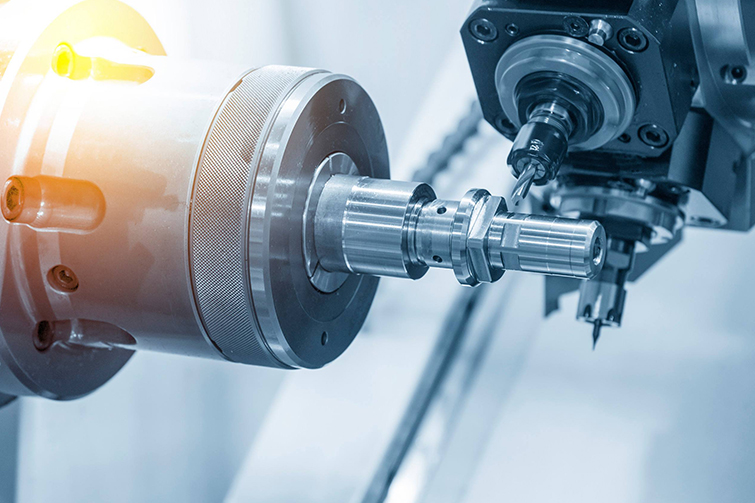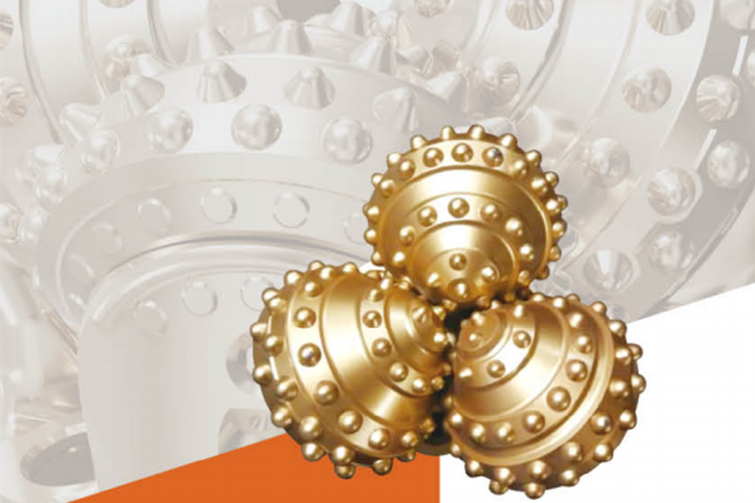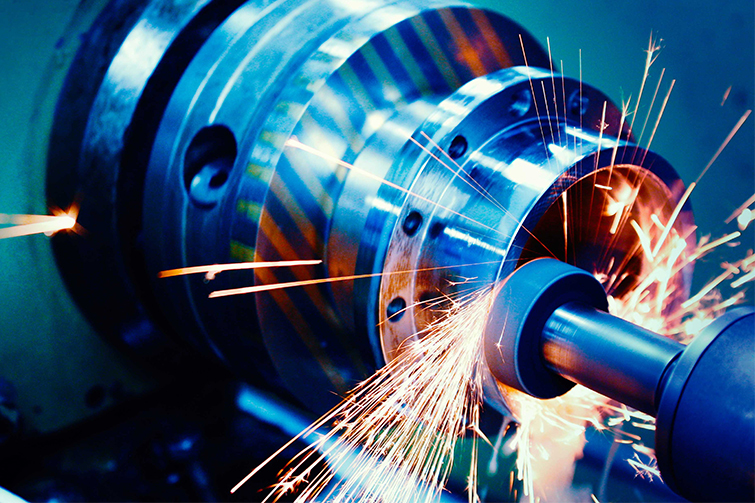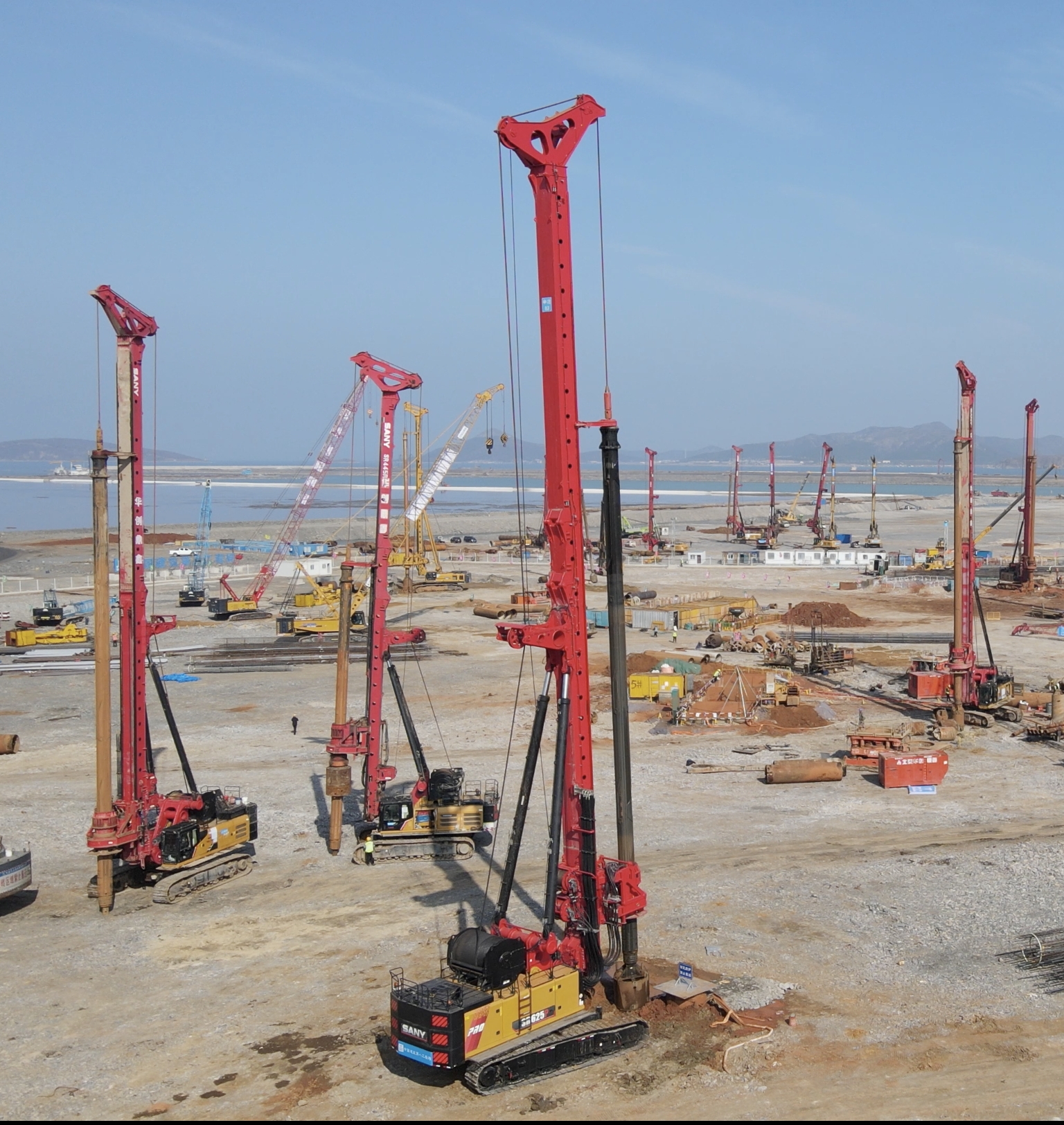

Enhancing System Reliability and Stable Performance in Industrial Automation: A Technical and Commercial Perspective

The Foundation of Reliability in Industrial Automation
At the heart of industrial automation, reliability is the measure of a system's ability to perform its required functions under given conditions for a specified period of time. It's not merely about avoiding failure but ensuring consistent performance amidst the complexities of industrial environments. This involves rigorous testing, quality components, and redundancy strategies to mitigate potential points of failure.
Stable Performance: Beyond the Basics
Stable performance refers to the system's ability to maintain its operational parameters within desired limits, despite external disturbances. Achieving this requires a deep understanding of control theory, feedback mechanisms, and the integration of advanced sensors and actuators that can adapt to changing conditions in real-time.
Technical Strategies for Enhanced Reliability and Performance
To bolster both reliability and stable performance, engineers employ a variety of strategies. These include the use of fault-tolerant designs, predictive maintenance algorithms, and the integration of AI for real-time decision-making. Each of these approaches requires a careful balance between complexity and practicality, ensuring that the system remains both robust and manageable.
The Commercial Value of Reliability and Stable Performance
From a commercial standpoint, the benefits of investing in reliability and stable performance are manifold. Reduced downtime, lower maintenance costs, and enhanced product quality directly translate to higher customer satisfaction and competitive advantage. Moreover, in industries where safety is paramount, such as chemical processing or aerospace, the stakes are even higher, making reliability not just a technical requirement but a regulatory and ethical one.
Case Study: Implementing Reliability in Automotive Manufacturing
A practical example can be seen in the automotive sector, where assembly lines must operate with near-perfect reliability. By integrating advanced diagnostics and real-time monitoring systems, manufacturers have been able to significantly reduce unplanned downtime, showcasing the direct link between technical innovation and commercial success.
FAQs
What is the difference between reliability and stable performance?
Reliability refers to the system's ability to perform without failure over time, while stable performance is about maintaining consistent operational parameters despite external changes.
How can AI enhance system reliability?
AI can predict potential failures before they occur by analyzing data trends, enabling preemptive maintenance and reducing unplanned downtime.
Why is reliability critical in safety-sensitive industries?
In industries like aerospace or chemical processing, system failures can have catastrophic consequences, making reliability a matter of safety, regulatory compliance, and ethical responsibility.
